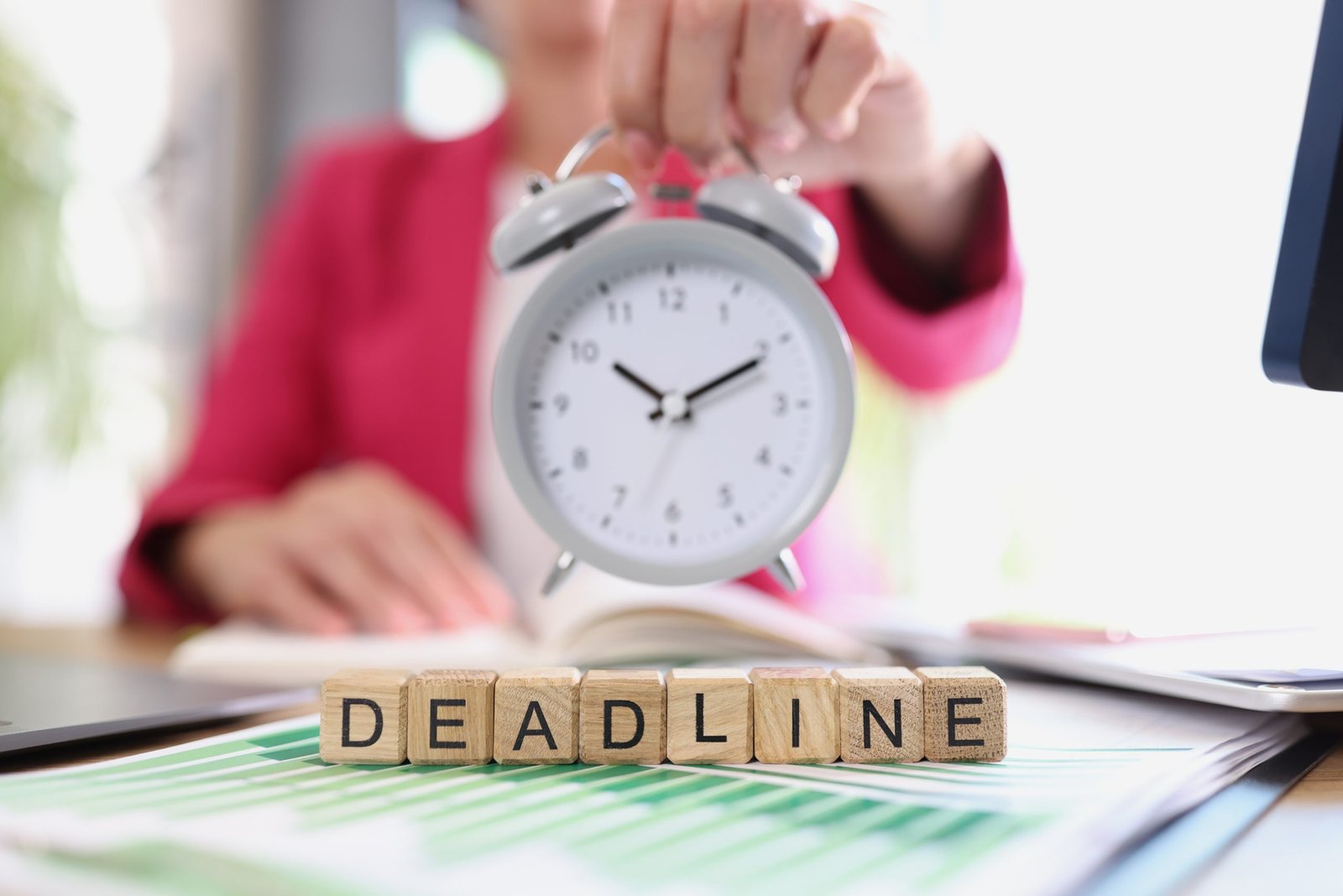In response to the looming deadline for self-assessment tax returns, a significant number of taxpayers, totalling almost 44,800 individuals, have proactively settled their tax bills, amounting to nearly £148 million.
Proactive Taxpayers Take Advantage of Payment Plans
As the deadline for submitting self-assessment tax returns draws near, a significant number of taxpayers, nearly 44,800 individuals, have taken proactive steps to settle their tax bills, collectively amounting to almost £148 million.

With more than 7.7 million self-assessment tax returns already filed for the 2022 to 2023 tax year, a notable 4 million tax returns remain outstanding, with the final submission deadline set for January 31.
Time to Pay: Easing the Financial Burden
HMRC emphasises the urgency for those yet to pay their tax bills to address this promptly, cautioning about potential penalties for late payments.
To facilitate taxpayers facing financial constraints, HMRC offers the option of setting up a monthly payment plan known as “Time to Pay.” The HMRC affordability checker is available for those owing less than £30,000, assisting in determining the most suitable payment arrangements.
It’s crucial to note that interest will be applied to any outstanding balances starting from February 1, coinciding with penalties for late filing.

Myrtle Lloyd, HMRC’s director general for customer services, underscores the importance of choosing the right payment option and encourages individuals to explore various methods, including instalments, the HMRC app, or online banking.
The HMRC app has proven popular, with 28,794 taxpayers utilising it in December 2023 to pay over £42 million in owed taxes. Moreover, taxpayers can facilitate swift and secure tax refunds by providing their bank account details during the filing process.
For those accustomed to paying their estimated tax bill via Payment on Account, the initial instalment for the 2023 to 2024 tax year is due on January 31.
Conclusion
HMRC acknowledges that some taxpayers may encounter difficulties meeting the self-assessment deadline and will consider reasonable excuses to potentially waive penalties.
Penalties for late tax returns include an initial £100 fixed penalty, additional daily penalties after three months, a further penalty after six months, and another after 12 months. Late payments are subject to additional penalties and interest charges.
Throughout January, HMRC is offering helpline support to assist taxpayers with queries related to self-assessment payments, repayments, and the completion of their tax returns.